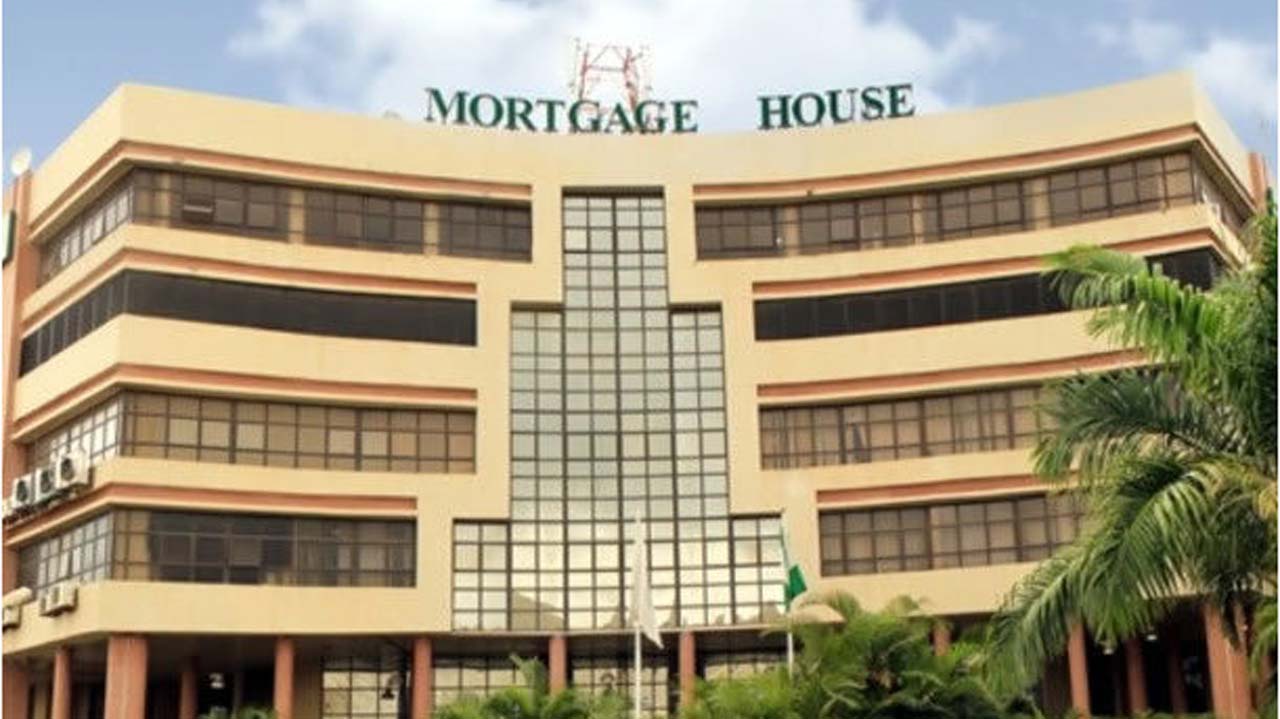The Federal Mortgage Bank of Nigeria (FMBN) is facing significant challenges in providing affordable housing for Nigerians due to undercapitalization, according to Managing Director Shehu Osidi. Speaking at an event marking his first year in office, Osidi emphasized the need for legal reforms to address funding constraints.
Key Challenges Facing FMBN
- Undercapitalization: Osidi noted that FMBN's biggest challenge is undercapitalization, which limits its ability to finance affordable housing.
- Non-compliance with NHF contributions: Commercial banks and insurance companies have failed to meet their statutory contributions to the National Housing Fund (NHF), exacerbating the funding gap.
- Structural bottlenecks: The current framework limits FMBN's ability to fulfill its mandate and expand access to homeownership for Nigerians.
Proposed Solutions
Osidi proposed an alternative approach to address the funding gap, requiring commercial banks and insurance companies to contribute 10% of their profit after tax as part of their corporate social responsibility. This approach aims to encourage these institutions to give back to the society from which they generate substantial profits.
Call to Action
Osidi urged for a review of the FMBN and NHF Acts, stressing that legal reforms are essential to addressing funding constraints. By updating these laws, FMBN can better fulfill its mandate and expand access to affordable housing for Nigerians.

